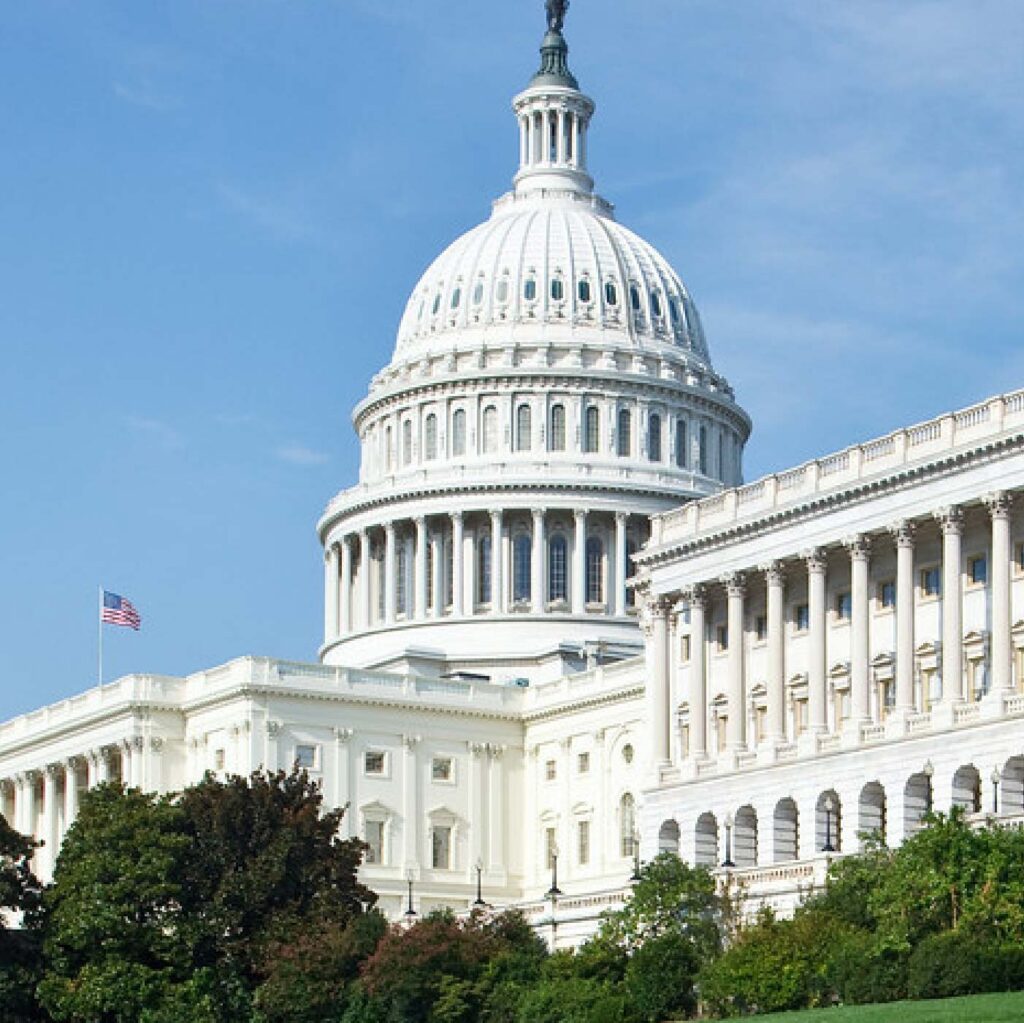State Of Play: Federal Child Care Solutions Gain Steam Going Into The August Recess

June and July brought a lot of Congressional momentum, with multiple pieces of proposed legislation that would bring better support to more working families and young children who need quality, affordable child care.
Appropriations
In late June, the House Appropriations Committee proposed FY2025 funding levels for child care and early learning programs, including an additional $25 million for CCDBG, an additional $25 million for Head Start, and $250 million for the Preschool and Development Grant B-5 matching the President’s Budget (saving a program previously on the chopping block last year.)
And on August 1st, the Senate Appropriations Committee followed suit, marking up an FY25 Labor-H bill that included $2.3 billion in increased funding for key federal child care and early learning programs. The bill proposes a $1.6 billion increase for CCDBG, a $700 million increase for Head Start/Early Head Start, and level funding for PDG B-5.
Tax Reform
In late July, Sens. Tim Kaine (D-VA) and Katie Britt (R-AL) introduced a bipartisan child care legislative package (including the Child Care Availability and Affordability Act and the Child Care Workforce Act) that would update current tax provisions to help more working parents afford the child care they need, support employers who want to be part of the solution, and address child care workforce challenges by creating a pilot program to boost the supply of child care workers.
Notably, the package would update current tax provisions to help more parents afford the child care they need by:
- Enhancing the Child and Dependent Care Tax Credit (CDCTC) by making the credit fully refundable so that it reaches more low- and middle-income working families; and expanding the maximum amount parents can receive to $2,500 for families with one child and $4,000 for families with two or more children.
- Expanding the Dependent Care Assistance Program (DCAP) by increasing the amount of pre-tax dollars families can put into a child care assistance plan (similar to a Flexible Spending Account) from $5,000 to $7,500.
- Bolstering the Employer-Provided Child Care Tax Credit (often referenced as 45F), supporting businesses who want to provide child care to their employees and allowing small businesses to work together to provide child care to employees.
This legislation joins the Child Care Investment Act, the Promoting Affordable Child Care for Everyone (PACE) Act, the Child and Dependent Care Tax Credit Enhancement Act and more as support for leveraging the tax code to bring child care relief to working families gains strong bipartisan support across the House and Senate.
At the same time, First Five Years Fund led a new sign-on letter to highlight the strong support that child care tax reform has among advocates, providers, and the business community. On August 5th, the letter closed with more than 145 signatures across multiple states and sectors.
Modernizing the Child Care and Development Block Grant (CCDBG)
In late July, Senator Deb Fischer (R-NE) also introduced legislation to reauthorize the Child Care and Development Block Grant Act (CCDBG), the primary federal child care program that helps working families afford child care.
Last authorized in 2014, the program currently only serves an estimated 840,000 children each year, a fraction of those who need it. The Child Care and Development Block Grant Reauthorization Act of 2024 would modernize the program by:
- Improving access for working families by allowing states to adjust eligibility to serve more children;
- Strengthening child care programs in states by better supporting in-home and rural child care providers;
- Improving reimbursement rates for all providers to more accurately reflect the cost of care, and;
- Increasing the supply of child care by improving facilities, growing capacity and expanding the workforce.
Up Next
Forward momentum is key in an election year. Come September, we will continue to work with lawmakers to get appropriations wins over the finish line, while driving support for legislation to set us up for success in 2025. We need to keep our foot firmly on the gas pedal while looking to seize all opportunities to protect, prioritize, and build on legislation that supports working families with young children.
Take Action
And you can help! Reach out to your lawmakers and urge them to take a stand as Child Care Champions using the tools in this handy kit. See you in September!
Subscribe to FFYF First Look
Every morning, FFYF reports on the latest child care & early learning news from across the country. Subscribe and take 5 minutes to know what's happening in early childhood education.



